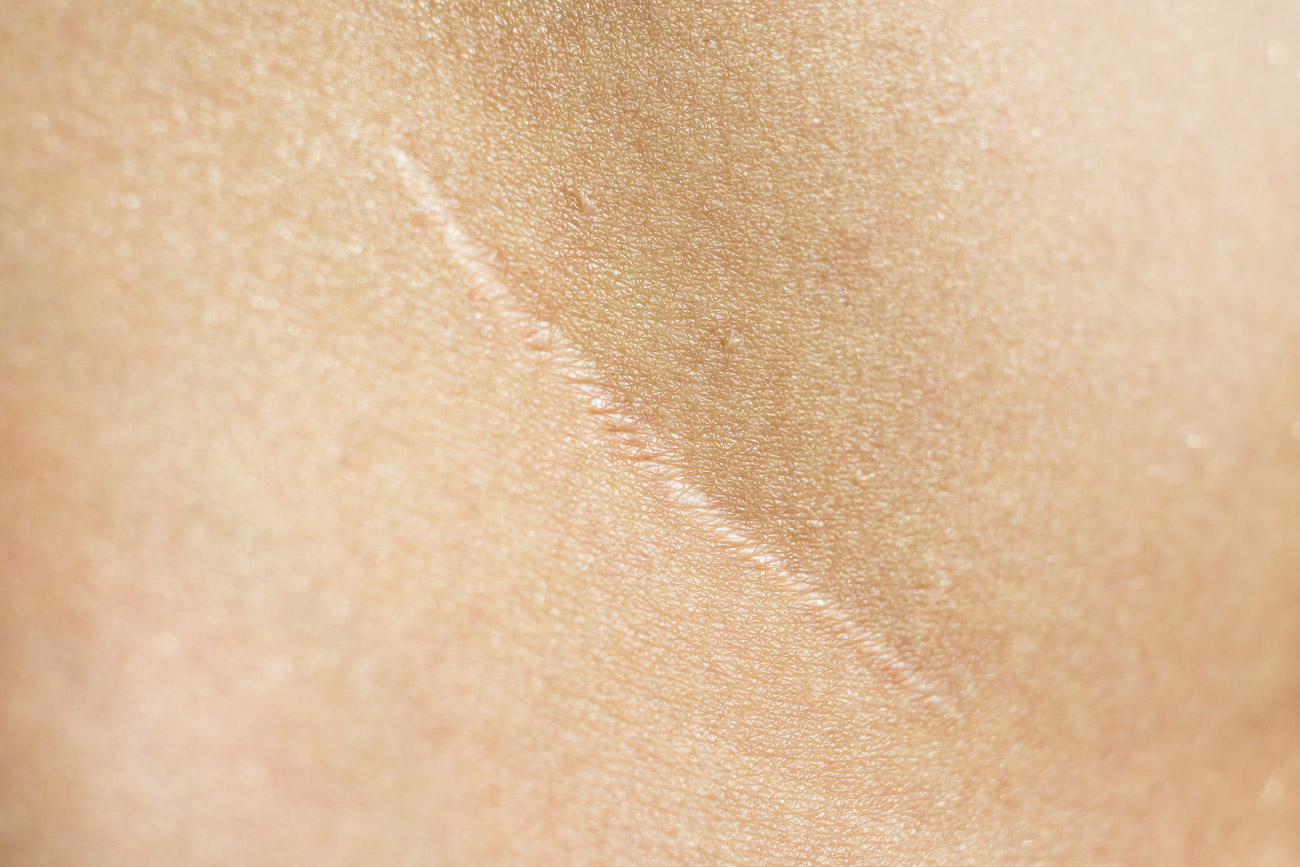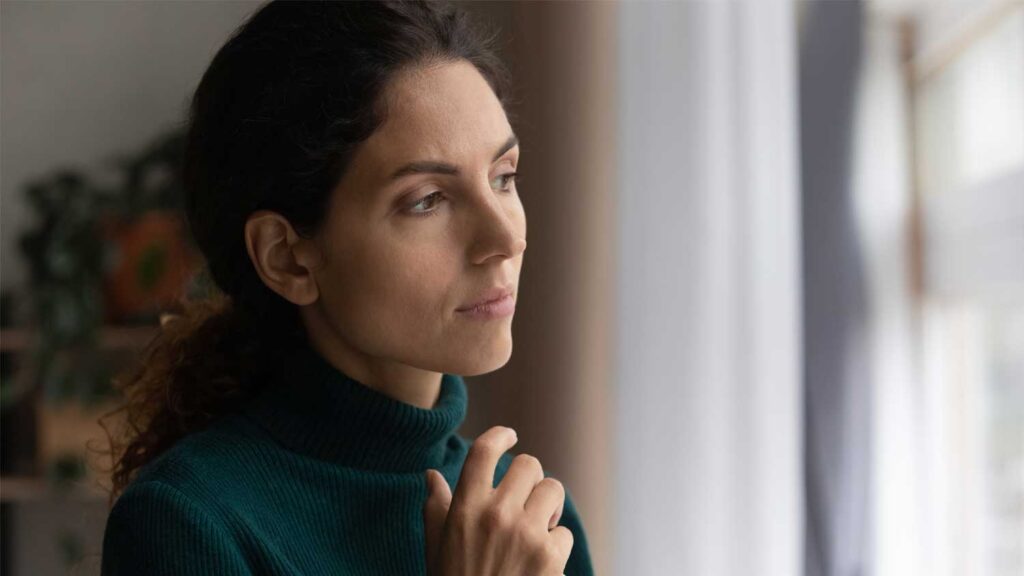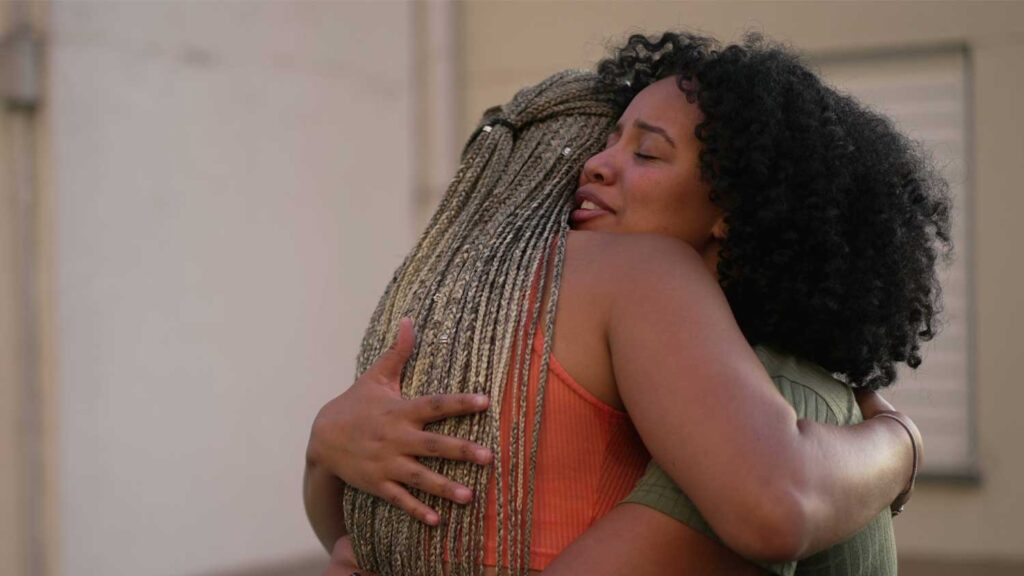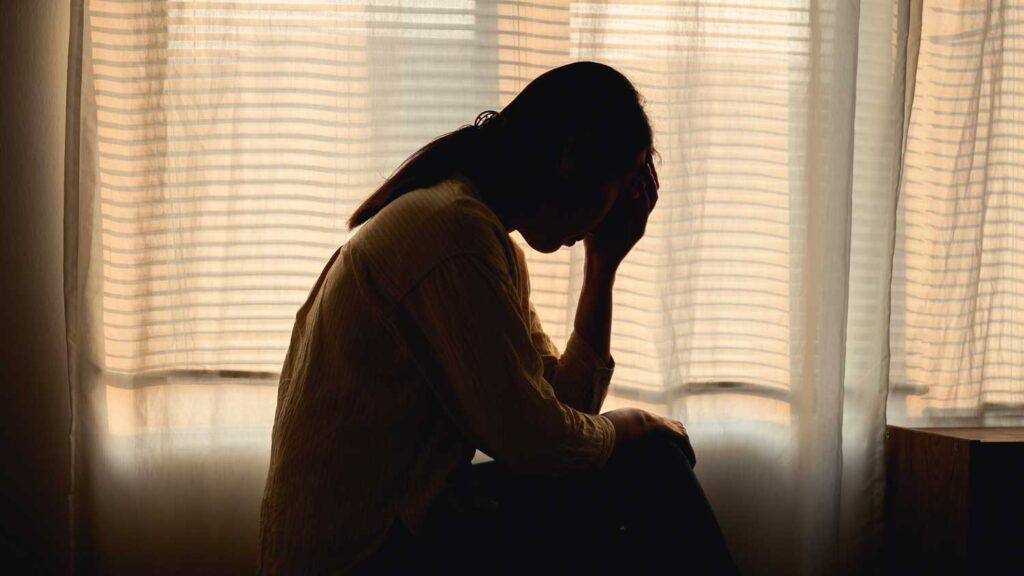What is a scar?
If we turn to the dictionary for meaning, a scar is defined as:
- A mark left by a healed wound, sore or burn
- A lasting after-effect of trouble, especially a lasting psychological injury resulting from suffering or trauma
- Any blemish remaining as a trace of injury
Out in the open
Showing or sharing your scars with others is a personal decision. Not everyone is able or willing to reveal parts of themselves to the world. TV personality and author Padma Lakshmi has been candid about how she embraces the seven-inch scar on her forearm. When she was 14, Lakshmi was in a car accident. “I love it because it makes me a person who has an interesting past, and it reminds me I can survive any pain,” she shared with Allure magazine in a 2009 article.
As humans, we tend to hide embarrassing things about ourselves from certain people at certain times. This is a normal way to cope with things you don’t want to relive, discuss or reveal. It crosses all types of scars: physical or emotional. But it’s also okay to not pretend that everything in life is fine and dandy. Pretending to be happy creates a façade that doesn’t bring healing. Instead, it makes more work for you on your road to a better life.
What you don’t see
Not every scar is visible to the human eye. Invisible scars are in no way diminished or less painful. Aggression, bullying, as well as physical and sexual abuse can leave a wake of trauma. The vivid imagery of experiences replaying in a victim’s mind can create ripple effects: paranoia, anxiety, depression, PTSD or even C-PTSD (complex post-traumatic stress disorder).
For Susan (her name has been changed to respect her request for privacy), part of her healing from childhood trauma came from becoming an advocate in adulthood. “Anytime I have the opportunity to speak at schools, churches, mom groups, conferences and other places about peer-on-peer aggression, it gives meaning to what I endured,” Susan shares. “This is all part of my healing journey: to make others aware of what is happening to tweens and teens today when it comes to bullying, cyber bullying and abuse in every form. My personal directive is to take action now not only on behalf of my younger self but also in hopes of saving just one person before it’s too late. I will not allow my pain and trauma to be for nothing.”
Signs of courage
Fighters, warriors and survivors—we never know how brave we are until all we’re left with is courage. That same determination to battle what rises up can leave some feeling imperfect or no longer whole or who we once were.
Scars can root deeply in our psyche. No matter what you battled or the giant you faced, the first place to find courage is within yourself. No one should pressure you to feel one way or another. It’s up to you to be comfortable in your own skin and leave behind how others perceive you.

Signs of a good story
When noticed, some scars can spark conversations with, “I’ve got to tell you how that happened. It’s a doozy!” So, why are some people more confident in talking about their scars than others?
Some have come to the place of acceptance and understanding that they’ve beaten the odds. They’re ready to embrace being an overcomer. Bent but not broken, they now realize the heartbreak of their scar will not define them. Their self-worth is not determined by a mark, a moment in time or something they can’t control. It’s not an easy place to arrive at, but the healing that comes from hard work and stamina leads us to love ourselves—no matter what.
Signs of needing help
Scars can make us feel self-conscious. The circumstances surrounding how wounds came into existence can be hard to rectify. Therapy, whether private or in a group setting, can provide information, support and skills to help you improve the quality of your mental health and accept what you’ve been through.
The symptoms are real: depression, anxiety, post-traumatic stress, struggles with body image, chronic pain, as well as grief and loss of what once was. Meeting with a professional counselor who’s specifically trained to help in your struggle is imperative. Some people prefer meeting privately while others feel a sense of safety and camaraderie meeting in a small group. It’s a sign of strength, never weakness, to seek help.
Signs of strength
There’s new life that can arise from difficult journeys. When we deal with painful moments, it fuels us to move forward. It may take an afternoon with a trusted friend or years of therapy until you’re ready to reveal your scars. Finding the catalyst towards your healing journey is the first step.
Every single part of you, from your head to your toes, deserves to be loved, accepted and appreciated. The sting of painful memories may resurface from time-to-time, but when you’re equipped with the emotional tools and confidence to move through difficult moments, it’s easier to accept that your scars are part of your life but not the end of your story.














